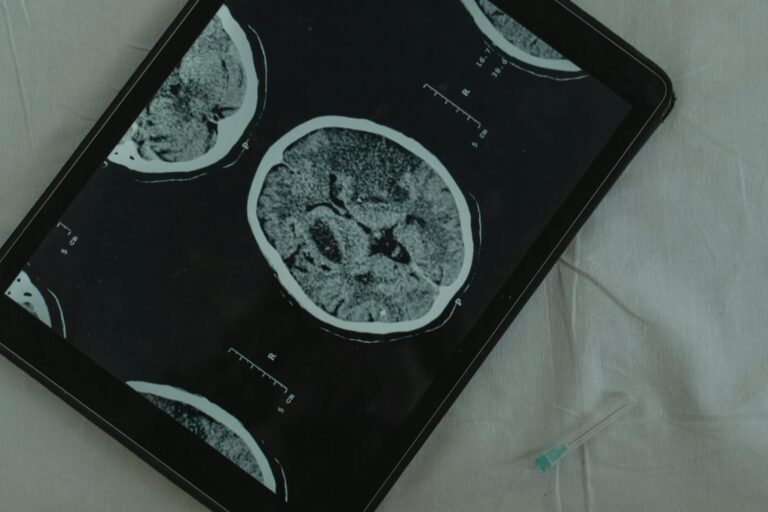Alzheimer’s disease is a progressive neurological disorder that affects memory, thinking, and behavior. One of the challenges faced by individuals with Alzheimer’s is remembering important appointments. This can be frustrating not only for the person with Alzheimer’s but also for their loved ones and caregivers. However, there are ways to help a person with Alzheimer’s remember appointments, making their daily life easier and reducing stress and anxiety.
1. Use visual cues
One of the most effective ways to help a person with Alzheimer’s remember appointments is by using visual cues. This can include using a calendar, planner, or whiteboard to write down the date, time, and location of the appointment. Having a visual reminder can help trigger their memory and serve as a constant reminder of the upcoming appointment.
2. Stick to a routine
Establishing a routine can be beneficial for a person with Alzheimer’s as it can help them remember important events and appointments. Try to schedule appointments at the same time and day each week, so it becomes part of their routine. This will make it easier for them to remember, as they will know that every Tuesday afternoon, for example, they have a doctor’s appointment.
3. Use technology
In today’s digital age, technology can be a useful tool in helping a person with Alzheimer’s remember appointments. There are various apps available that can be downloaded onto smartphones or tablets that can send reminders for appointments. These reminders can be set up in advance and can be customized to repeat daily, weekly, or monthly, depending on the frequency of the appointment.
4. Create a memory book
A memory book is a personalized book that contains photos, stories, and other information that holds meaning to the person with Alzheimer’s. This book can also include important dates and appointments, making it a useful tool to help them remember. The book can be kept in a prominent place and referred to regularly to remind them of upcoming appointments.
5. Use verbal cues
Aside from visual cues, verbal cues can also be helpful in reminding a person with Alzheimer’s of appointments. This can include gentle reminders a few days before the appointment, on the day of the appointment, and even a few hours before. However, it is essential to use simple and clear language and avoid overwhelming them with too much information.
6. Involve them in the planning process
Giving the person with Alzheimer’s a sense of control and involvement in the appointment planning process can help them remember better. This can include asking for their input on which day or time works best for them, or letting them choose what they want to wear to the appointment. Involving them in the process can make them more invested in the appointment and increase the chances of them remembering it.
7. Consider their cognitive state
It is essential to consider the person’s cognitive state when helping them remember appointments. As Alzheimer’s progresses, their ability to remember may decline. In such cases, it may be helpful to have a family member or caregiver accompany them to appointments to ensure they don’t miss important information or instructions.
8. Be patient and understanding
Caring for someone with Alzheimer’s requires patience and understanding. Be patient when helping them remember appointments and avoid getting frustrated if they forget. Instead, calmly remind them and reassure them that it’s okay to forget and that you are there to help them.
9. Seek professional help
If you are caring for someone with Alzheimer’s and are struggling to help them remember appointments, it may be beneficial to seek professional help. A doctor or healthcare provider can offer advice and guidance on how to best assist the person with Alzheimer’s.
In conclusion, helping a person with Alzheimer’s remember appointments can be challenging but not impossible. By using visual cues, establishing a routine, utilizing technology, creating a memory book, and involving them in the planning process, you can make it easier for them to remember important appointments. Remember to be patient and understanding and seek professional help if needed. With these strategies in place, you can help make their daily life more manageable and less stressful.





